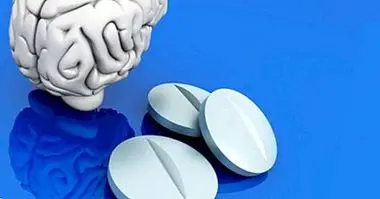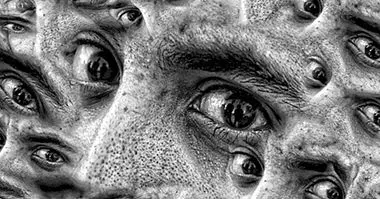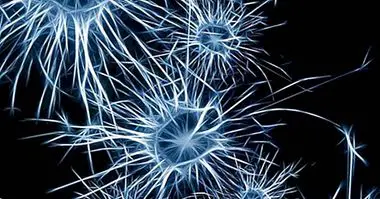5 diseases and disorders similar to depression
Many of the psychological problems experienced by psychotherapy patients are related to sadness and emotional pain . This makes that, at times, that feeling of deep discomfort is interpreted by those who suffer it as an example of a very popular disorder: depression.
Those who do not feel like doing anything, notice how they lack motivation for everything, feel extremely sad and even have difficulty experiencing joy or fun apparently are manifesting symptoms related to depression; however, we must be careful with these assessments.
You may have some of those depression-like conditions that are not, and, of course, you may not really suffer from any mental disorder. In this article we will explore the first option: that of diseases and mental disorders similar to depression .
- Related article: "Major depression: symptoms, causes and treatment"
5 disorders that you can confuse with depression
First of all, we must bear in mind that diagnosing a mental disorder is very complicated and requires the involvement of health professionals who are experts in the subject. Detecting psychological problems is tremendously complicated , because there are no purely objective aspects to be fixed in order to determine with a good safety margin that an individual has such a disorder or that, on the contrary, he is healthy.
To diagnose, psychologists and psychiatrists they resort to the subjective information that patients give and the close social circles of these; they can not analyze blood samples to diagnose social phobia, for example.
The same thing happens with depression, and that is why we must bear in mind that the criteria for diagnosing this disorder and not another are very specific and can not be covered with a vague explanation of what people who suffer from it experience. As an example, you can see these other diseases and psychological disorders that, although they are related to mood problems, are not depression and have their own diagnostic category.
1. Chronic fatigue syndrome
This sickness, also known as myalgic encephalomyelitis , generates some symptoms that can make her go through depression before someone inexperienced.
Specifically, who suffers from this disorder experiences a strong fatigue in a constant way and without an apparent explanation that helps to understand why this happens. In addition, other symptoms are difficulty concentrating, problems falling asleep and staying in that state for several hours, and muscle aches; all are frequent also in patients with depression.
So, what is the difference fundamenta l among these disorders? The motivation. People with chronic fatigue syndrome feel bad because they do not have the strength to do what they want to do, while people with depression do not, because they do not feel motivated by practically nothing.
2. Dysthymia
Keep in mind that dysthymia is not radically separated from depression, and in fact is part of the same family of mental disorders . In addition, even the medication given to dysthymic patients is usually the same as that given to those who have major depression: antidepressants.
However, the concept of dysthymia refers to a significantly milder form of depression that is chronic, which means that it lasts several years or all of life and, instead of being outbreaks, its symptoms are more stable: diagnoses after having suffered them for more than two years.
- Related article: "Dysthymia, when melancholy takes over your mind"
3. Bipolar disorder
There are many myths about bipolar disorder , and there are even those who believe that it has to do with having several personalities. But, to make the confusion worse, this disorder can generate virtually all the symptoms associated with depression. This is because, as the name suggests, bipolar disorder has two phases, and one of them is depression. The difference between the bipolar patient and the depressive patient is in the second phase of the disorder presented by the first: mania.
During the phases of mania, the person feel a sense of euphoria , energy and optimism take over your body and, in fact, in many cases makes you feel very good. However, this exaltation of mood can cause them to take great risks and even compromise the welfare of others.
- Maybe you're interested: "Bipolar disorder: 10 features and curiosities you did not know"
4. Anemia
Anemia is a health problem that in most cases produced for lack of iron in the blood , which makes it less able to transport oxygen. In almost all cases this generates fatigue and loss of strength, and it is also common to get dizzy and general malaise.
Sometimes, this situation can cause the sufferer to do less and less things, to the point where he isolates himself and begins to feel bad enough to be in that state of passivity, something that has a superficial resemblance to depression.
However, it is an alteration easily identifiable from medical tests , and contrary to what happens with depression can disappear when correcting its original cause, which usually has to do with an inadequate diet or with a loss of discreet but constant blood.
5. Hypothyroidism
The thyroid gland, located in the neck , is one of the largest producers of hormones in our body, and that is why any problem in its functioning can produce significant changes in the mood of the person.
In hypothyroidism, the thyroid secretes less hormones than normal, and that produces a low mood and fatigue, depressive symptoms. Like what happens with anemia, this is usually corrected in its entirety by acting on the root of the problem, usually taking medication.



















